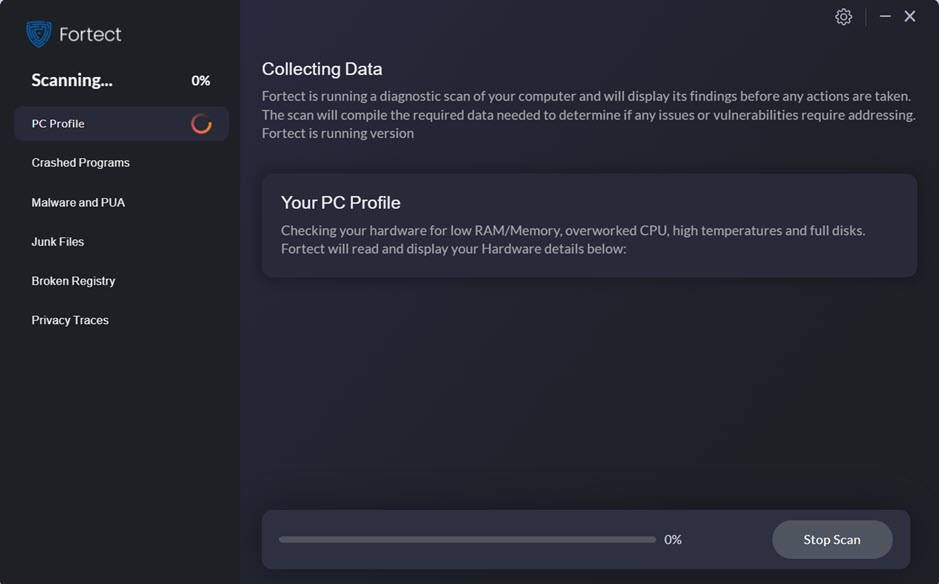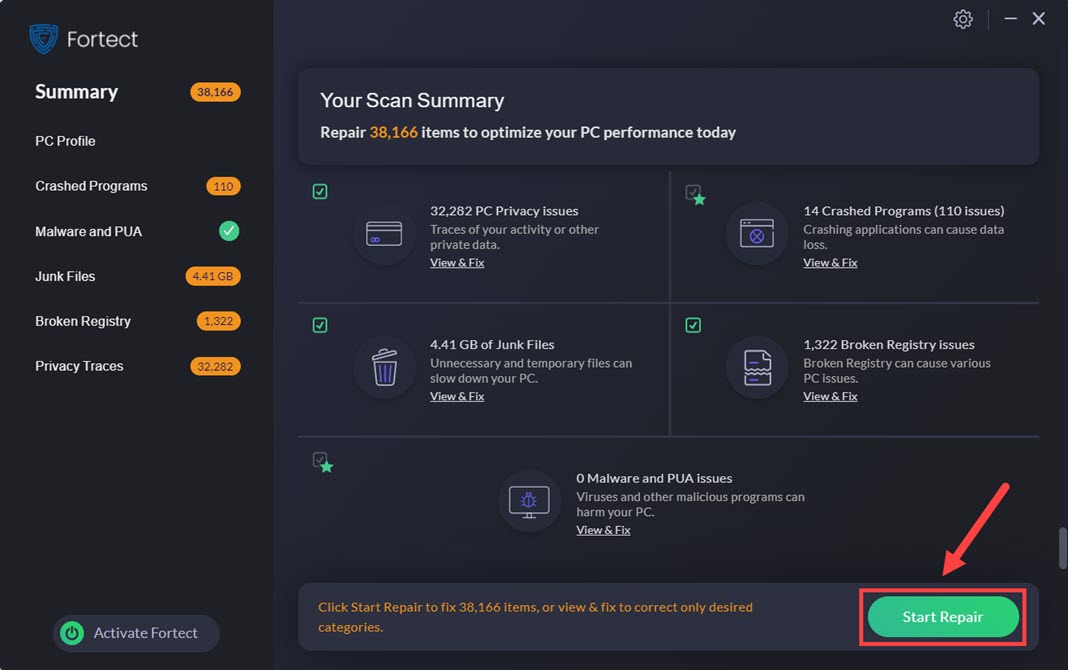
No need to worry if your Local Security Authority Protection is toggled off: in most cases, it was a UI bug with a certain Windows update patch, meaning that it’s not off, just appears to be off, and you can install another update patch to get it fixed. In other rare cases, you can change your computer settings to get it enabled again. Read on and see how you can fix the Local Security Authority Protection being off problem.
Try these fixes to enable the Local Security Authority Protection
As mentioned, in most cases, your Local Security Authority is off because of a UI bug with a Windows patch, so the first method should be enough to help. If it doesn’t, please move on to methods 2 and 3.
1. Install Windows Update patch KB5007651
The Local Security Authority Protection being off bug was actually a bug that shipped with Windows 11’s March 2023 mandatory security update, patch KB5007651. Windows then released the updated version of this patch that fixed this problem. So if you still haven’t already, please update your Windows now for the latest patch KB5007651 to install.
To do so:
- On your keyboard, hit the Windows key, then type check for updates, then click Check for updates.

- Click Check for updates, and Windows will scan for any available updates.

- If there are available updates, Windows will automatically download them for you. Restart your computer for the update to take effect if needed.

- If there are no available updates, you’ll see You’re up to date like this.

Then see if the Local Security Authority Protection is still off.
If so, please download the installation file for KB5007651 from here, then double-click the installation file to get it installed.

If the “Local Security protection is off” notification is still there when you manually install the KB5007651 update, please move on to the next fix.
2. Modify Registry Editor
If you’re still seeing the Local Security Authority protection off message even when you’ve turned it ON, please do the following to modify your Registry Editor:
- Firstly, create a system restore point as instructed here: How to enable and create restore points in Windows 10 (the screenshots here are from Windows 10, but the instructions work on Windows 11 as well).
- On your keyboard, press the Windows key and the R key together. Type regedit and hit Enter.

- Go to the following location:
Computer\HKEY_LOCAL_MACHINE\SYSTEM\CurrentControlSet\Control\Lsa
- On the right side, if you can see RunAsPPL, double-click it and change the Value data to 2. Repeat the same with RunAsPPLBoot. If you don’t see either of these entries, move on to the next step.

- If you don’t see RunAsPPL or RunAsPPLBoot on the right side, right-click the empty area and select New > DWORD (32-bit) Value. Name the new entry RunAsPPL, then double-click it to change its Value data to 2. Repeat the same to create a new entry named RunAsPPLBoot and change its value data to 2.

- Restart your computer for the changes to take effect.
Then see if the Local Security Authority protection can be turned on now. If the problem still remains, please move on.
3. Configure Group Policy Editor
You can also try to modify your Group Policy Editor for the Local Security Authority protection to be turned on again. To do so:
- Firstly, create a system restore point as instructed here: How to enable and create restore points in Windows 10 (the screenshots here are from Windows 10, but the instructions work on Windows 11 as well).
- On your keyboard, press the Windows key and the R key at the same time. Type gpedit.msc and hit Enter. (If you see “Windows cannot find ‘gpedit.msc’. Make sure you typed the name correctly, and then try again.“, please refer to this post first: [Fixed] gpedit.msc Not Found on Windows Home

- Go to Computer Configuration\Administrative Templates\System\Local Security Authority. Double-click Configure LSASS to run as a protected process on the right side.

- Click Enable, then select Enabled with UEFI Lock from the drop-down menu. Then click Apply and OK to save and exit.

- Restart your computer for the change to take effect.
Then see if your Local Security Authority protection can be toggled back on.
Bonus tip
If turning on the Local Security Authority protection doesn’t help to fix your computer problems, you can always try to repair any damaged or corrupted system files, as the integrity of Windows system files is essential for proper operation and stability for your computer.
Tools like Fortect can automate the repair process by scanning system files and replacing corrupted ones.
- Download and install Fortect.
- Open Fortect. It will run a free scan of your PC and give you a detailed report of your PC status.

- Once finished, you’ll see a report showing all the issues. To fix all the issues automatically, click Start Repair (You’ll need to purchase the full version. It comes with a 60-day Money-Back Guarantee so you can refund anytime if Fortect doesn’t fix your problem).

Still unsure if Fortect is what you need? Check this Fortec Review!
The above is what we have to offer regarding “Local Security Authority protection is off” problem. If you have any other suggestions, please feel free to leave a comment below.





